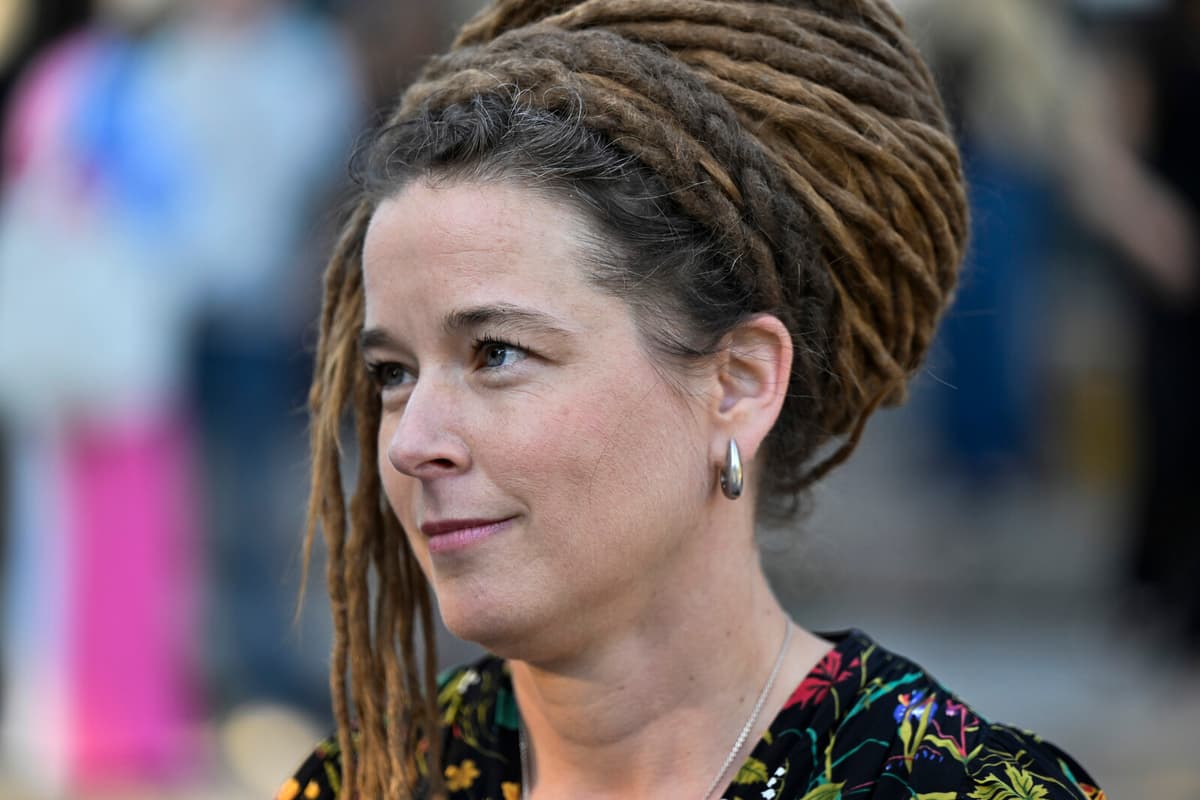When the cultural canon is presented, education, community and inclusion are highlighted. But the Green party's spokesperson Amanda Lind points out that the government is simultaneously cutting down on popular education, cultural life and civil society.
Just the parts that would actually have played a role in the positive changes that are needed. The government's cultural canon does not solve the challenges we face, which the government itself has largely created, she says.
The trade union DIK calls the canon a "fundamentally nationalist educational project". The Social Democrats' Lawen Redar believes that if the government wants to create national cohesion, one should invest in culture, school, popular education and public service, instead of cutting down on those areas.
She does not want to get involved and have an opinion about individual works, but still misses many names, including female cultural creators.
For me, it's incomprehensible that Moa Martinson is not included, she says.
"Uninteresting"
The Authors' Association's stance is that the canon is literarily uninteresting, says chairman Anja Gatu. But she points out that the committee's chairman Lars Trägårdh emphasized the role of popular education for education.
It's interesting that he says that in connection with a government assignment from a government that has completely slaughtered popular education.
According to Anja Gatu, the thresholds into culture have been low in Sweden and she points out that there is already an infrastructure to make culture accessible. She welcomes a lively conversation about literature.
But I think it's done better on the culture pages of the newspapers and through strengthened literary criticism, in public libraries, school libraries and within study associations.
Purpose?
Jenny Edvardsson, member of the Swedish Teachers' and Teacher Foundation's expert council for reading, wonders how the canon will be used. Much of the literature on the list is already being read in schools, she claims.
If you get an assignment that it is a literary canon that should be read in schools, I'm not sure it contributes to reading motivation, I don't think so, she says and emphasizes that teachers must be able to adapt the literature to the students.
But if you're going to mention some of the names when you go through literary history - you're already doing that today, it's not that controversial. So the question is how controlling the politicians will be.
Elin Swedenmark/TT
Lars Larsson/TT
Facts: Political voices about the canon
TT
The Sweden Democrats' cultural policy spokesperson Alexander Christiansson in Aftonbladet:
"Our ambition when we got this point into the Tidö Agreement was to challenge the cultural relativism that has been going on in Sweden for decades, with a superior ideology within multiculturalism and multiculturalism. Swedish culture has been a blind spot in this."
Catarina Deremar, cultural policy spokesperson for the Center Party, to TT:
"This is an extremely strange project. The government is investing large resources in producing a cultural canon, but at the same time cutting down on free and voluntary education when support for study associations is being cut off year after year. For the Center Party, it is obvious that the free culture and popular education should be protected, not restricted. We therefore want to resume the allocations to the study associations, which create culture that provides community, education and democratic citizens throughout the country."






